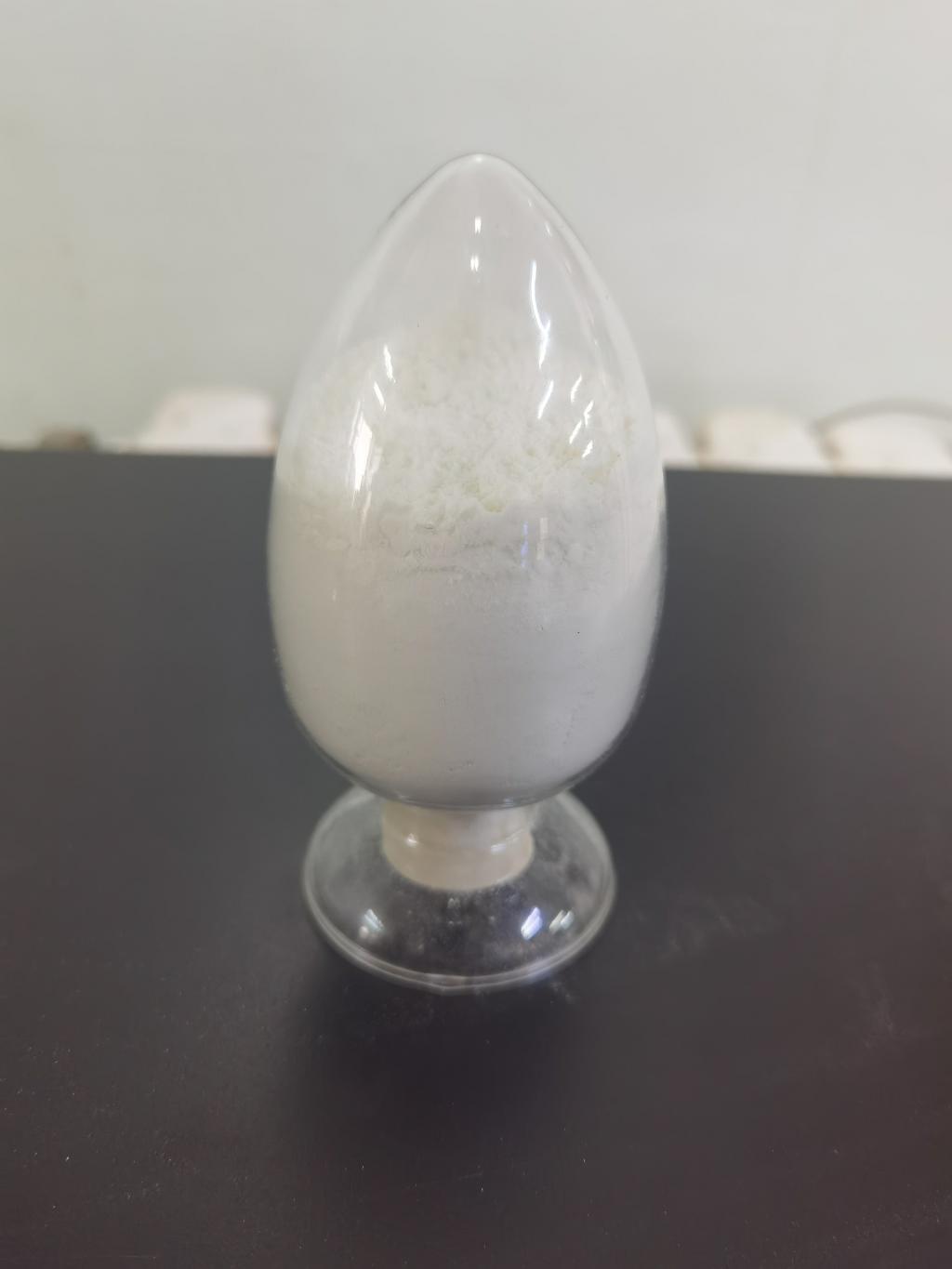Tel:+8618231198596

News
 CONTACT
CONTACT
 CONTACT
CONTACT
- Linkman:Linda Yao
- Tel: +8618231198596
- Email:linda.yao@dcpharma.cn
- Linkman:CHARLES.WANG
- Department:Overseas
- Tel: 0086 0311-85537378 0086 0311-85539701
News
ε-Polylysine Hydrochloride: A Sustainable Solution for Reducing Food Waste in Supply Chains.
TIME:2024-07-08
Mechanisms of Antimicrobial Action
Preservation of Perishable Foods
ε-PL functions by disrupting microbial cell membranes:
Membrane Disruption: ε-PL binds to bacterial and fungal membranes, leading to depolarization and permeabilization.
Inhibition of Growth: This disrupts cellular functions, inhibiting microbial growth and extending the shelf life of foods.
Biofilm Prevention: ε-PL penetrates and disrupts biofilms, preventing microbial colonization and persistence on food surfaces.
Applications in Food Preservation
Extending Shelf Life
ε-PL is incorporated into various stages of food production and distribution to reduce spoilage and waste:
Fresh Produce: Applied as a coating or wash to fruits and vegetables, ε-PL inhibits microbial growth and maintains freshness during storage and transportation.
Meat and Seafood: Coatings on meat products and seafood prevent bacterial contamination and extend product shelf life without affecting sensory attributes.
Dairy Products: Added to dairy formulations, ε-PL inhibits spoilage organisms and enhances product stability, reducing discard rates.
Environmental and Economic Benefits
Sustainability in Supply Chains
ε-PL contributes to sustainable food management practices by:
Reducing Food Waste: By extending shelf life and reducing spoilage, ε-PL minimizes the volume of discarded food across supply chains.
Resource Efficiency: Optimizing resource utilization by preserving more food for consumption and reducing the environmental footprint associated with food production and disposal.
Economic Savings: Lowering costs associated with food loss and waste, enhancing profitability for producers, retailers, and consumers alike.
Challenges and Considerations
Regulatory Approval and Consumer Acceptance
Despite its benefits, ε-PL faces challenges related to:
Regulatory Compliance: Meeting safety standards and maximum residue limits (MRLs) for food additives in different regions and markets.
Consumer Perception: Addressing consumer concerns regarding the use of antimicrobial agents in food production and its potential impact on health and safety.
Technological Integration
Adopting ε-PL within existing food processing and packaging technologies requires:
Compatibility: Ensuring ε-PL's stability and efficacy in various food matrices and processing conditions.
Application Methods: Developing practical and cost-effective application methods that integrate seamlessly into current supply chain practices.
Future Directions and Innovations
Advanced Formulations and Delivery Systems
Research focuses on enhancing ε-PL's effectiveness and applicability:
Nanoencapsulation: Improving stability, controlled release, and targeted delivery of ε-PL in food systems.
Biodegradable Packaging: Incorporating ε-PL into biodegradable films and coatings to create sustainable packaging solutions that extend shelf life.
Global Collaboration and Research Initiatives
International efforts aim to:
Standardization: Establishing global guidelines and standards for ε-PL use in food preservation to facilitate market access and regulatory compliance.
Research Consortia: Collaborative research initiatives to advance knowledge, address challenges, and promote innovation in food waste reduction strategies.
Conclusion
ε-Polylysine hydrochloride represents a sustainable and effective solution for reducing food waste in supply chains through its antimicrobial properties and biocompatibility. By extending the shelf life of perishable foods and minimizing spoilage, ε-PL supports food security, resource efficiency, and environmental sustainability goals. Challenges related to regulatory approval, technological integration, and consumer acceptance require continued research and collaboration to unlock the full potential of ε-PL in global food systems.
- Tel:+8618231198596
- Whatsapp:18231198596
- Chat With Skype







